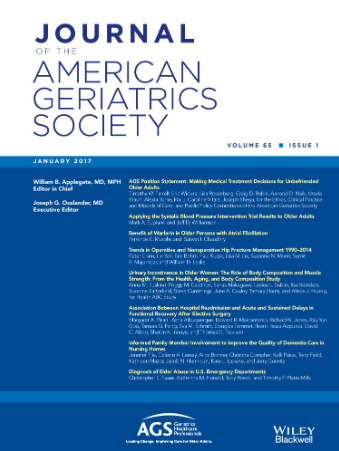Skilled home healthcare utilization and outcomes for older adults with dementia: A scoping review
Abstract
Objectives
This study aims to summarize the existing research literature examining Medicare-skilled home health (HH) utilization and clinical outcomes for persons with dementia (PwD). We sought to answer the following questions: (1) How is dementia defined and classified in the HH literature? (2) What associations have been observed between dementia status and patterns of HH utilization? (3) What associations have been observed between dementia status and HH outcomes?
Methods
Using Arksey and O'Malley's framework for scoping reviews, we searched PubMed, Google Scholar, and select relevant journals for quantitative studies conducted in the United States between 2000 and 2023 examining Medicare HH use and outcomes for PwD. We describe and compare approaches to classify dementia, identify findings related to HH utilization and outcomes supported by the preponderance of evidence, and comment on existing gaps and areas of ambiguity in the literature.
Results
Thirty-two articles met the inclusion criteria. Most used claims-based data to classify dementia, leveraged national data, and were limited to traditional Medicare beneficiaries. Studies found meaningful differences in HH utilization by dementia status; most notably, PwD were more likely to access HH without a preceding hospitalization, had longer lengths of stay, and incurred higher HH costs. Literature relating to clinical outcomes was more difficult to interpret, due to significant variation in study objectives, samples, and outcome measures which prompted more nuanced and even contradictory conclusions. There is a dearth of research identifying how specific HH care pathways (e.g., service types, visit frequency) impact outcomes for this patient population.
Conclusions
This review supports the understanding that PwD are a unique subpopulation of HH patients who require special attention in policy development and evaluation. Critical research is needed to examine clinical outcomes in PwD further to inform practice and improve care quality.

 求助内容:
求助内容: 应助结果提醒方式:
应助结果提醒方式:


